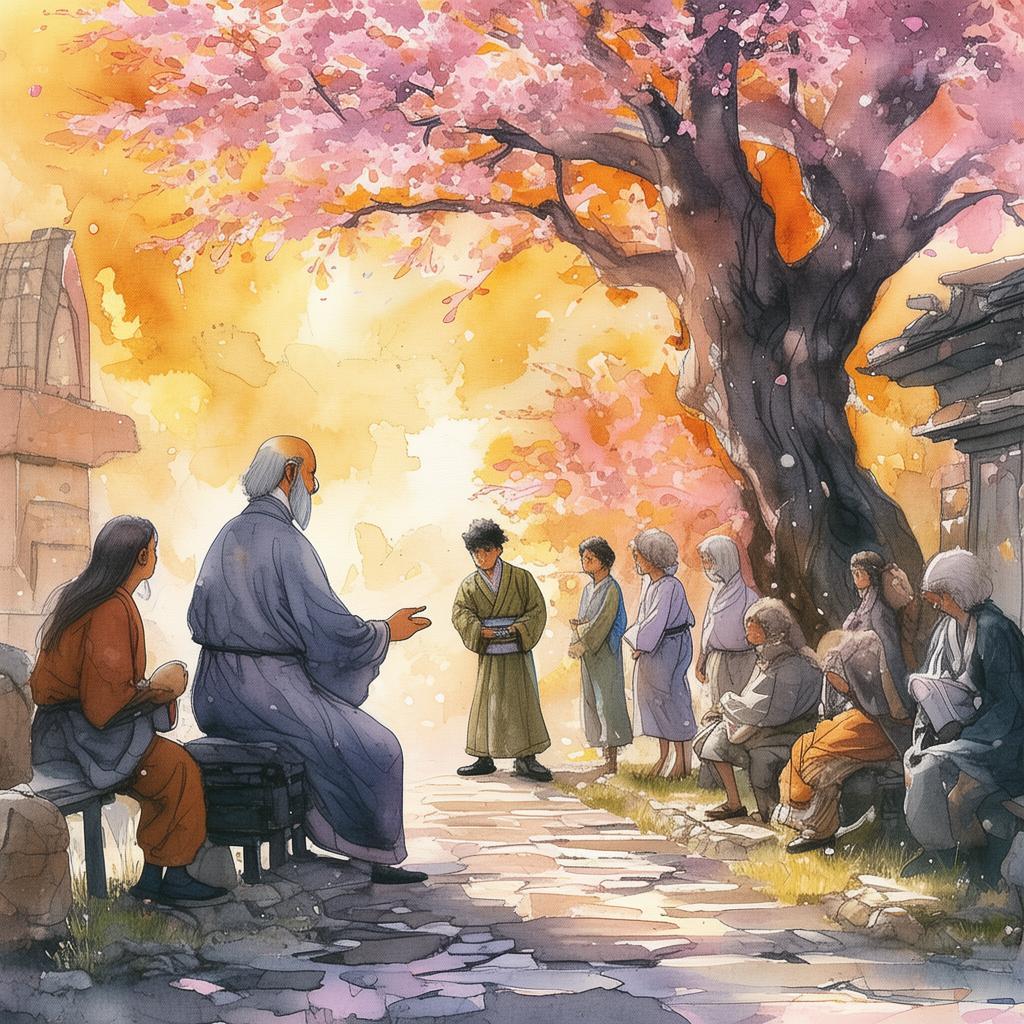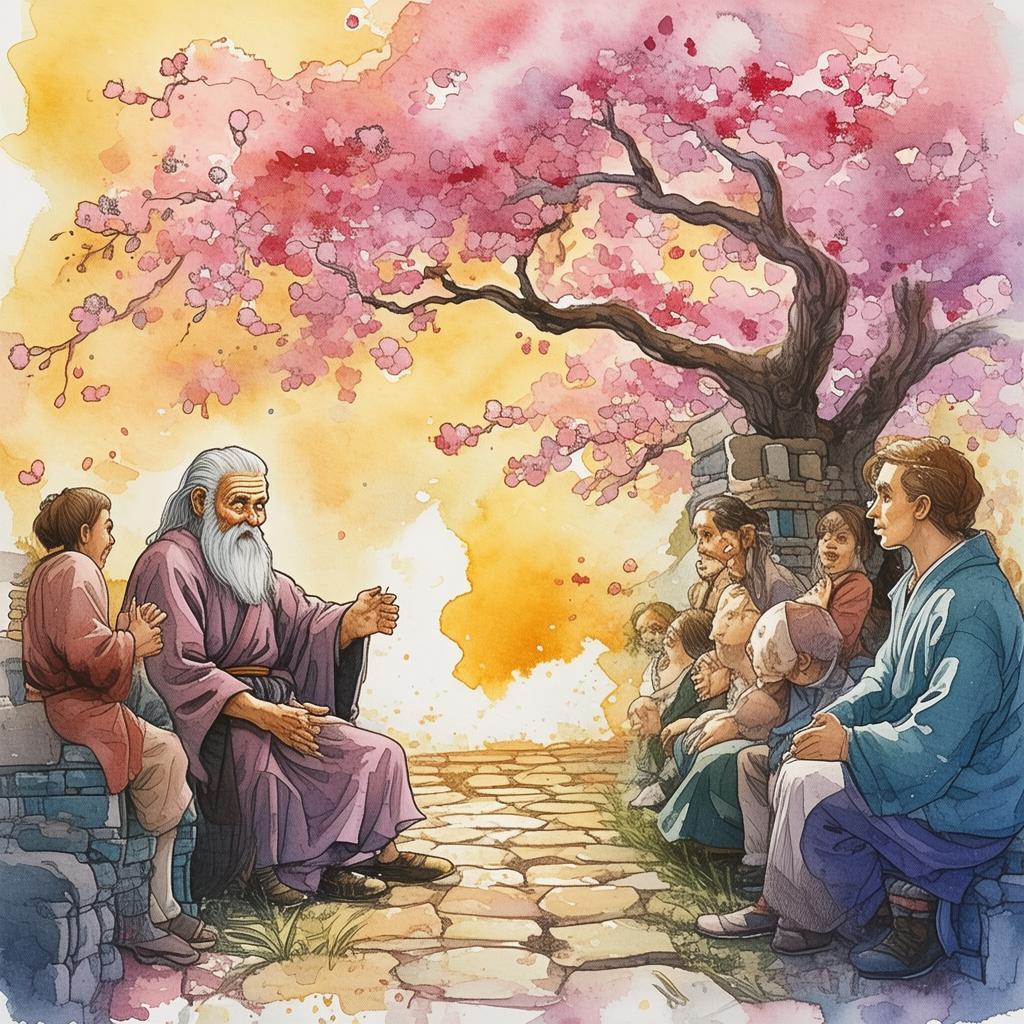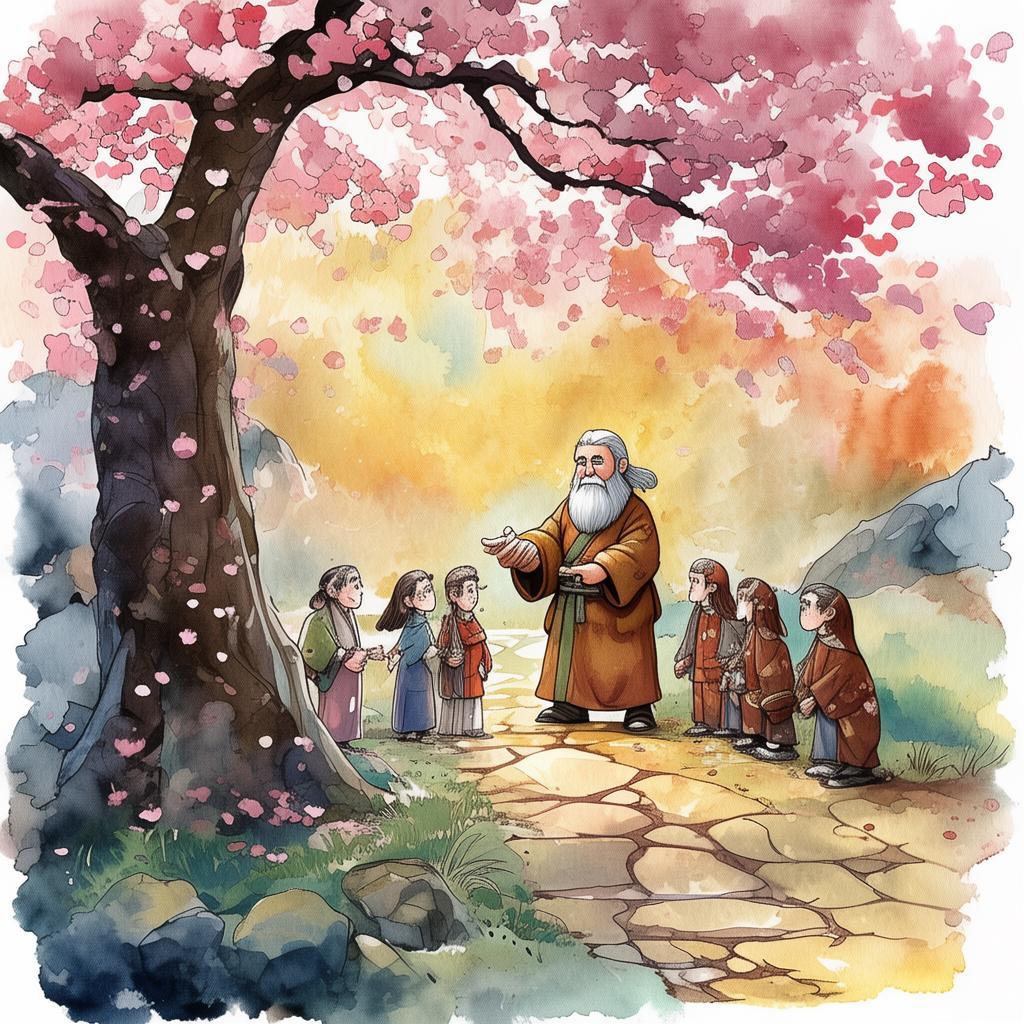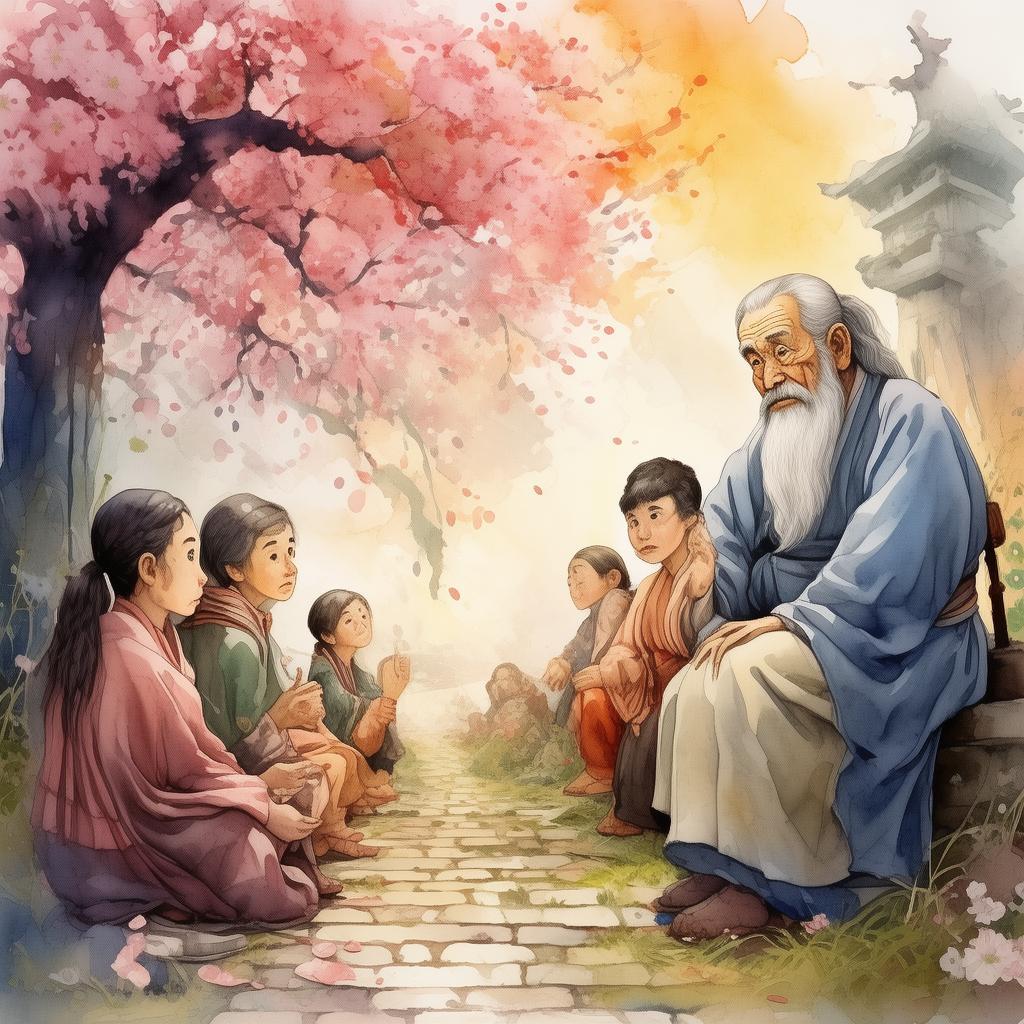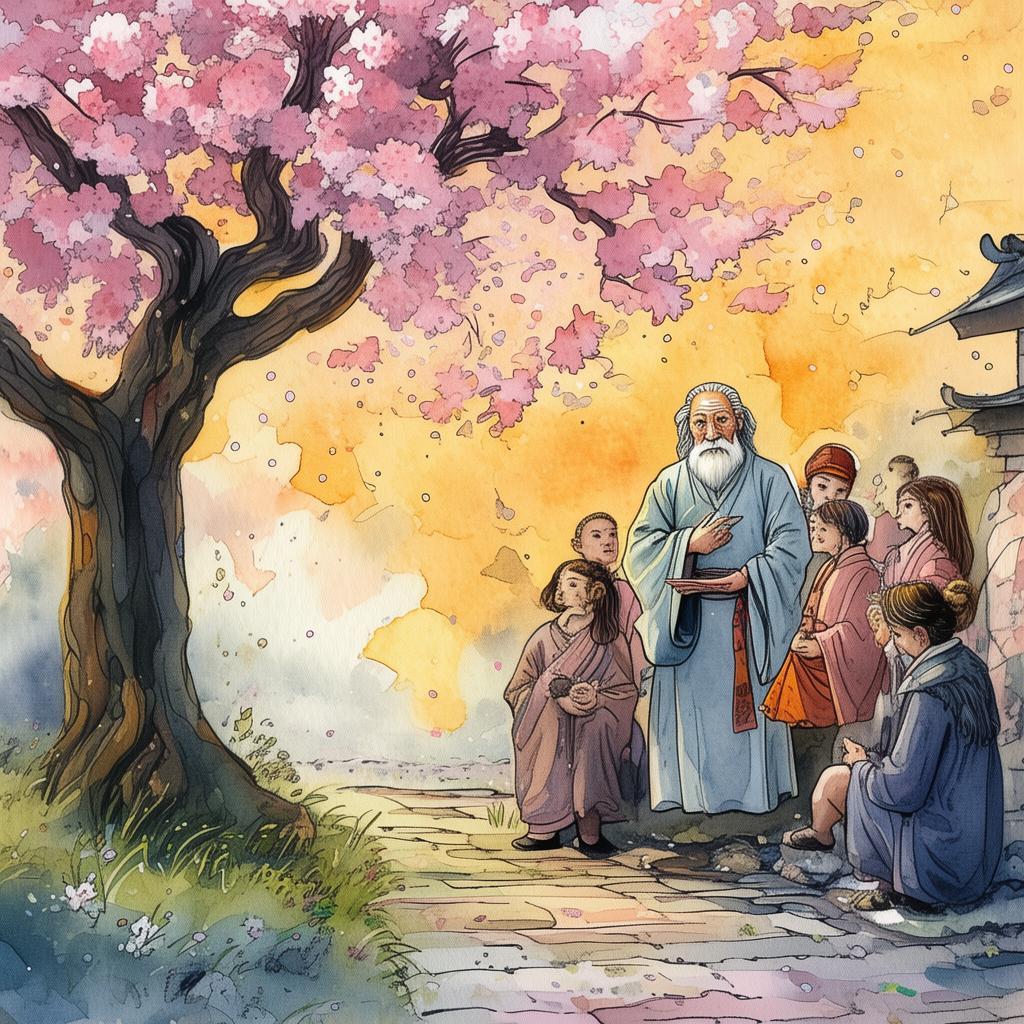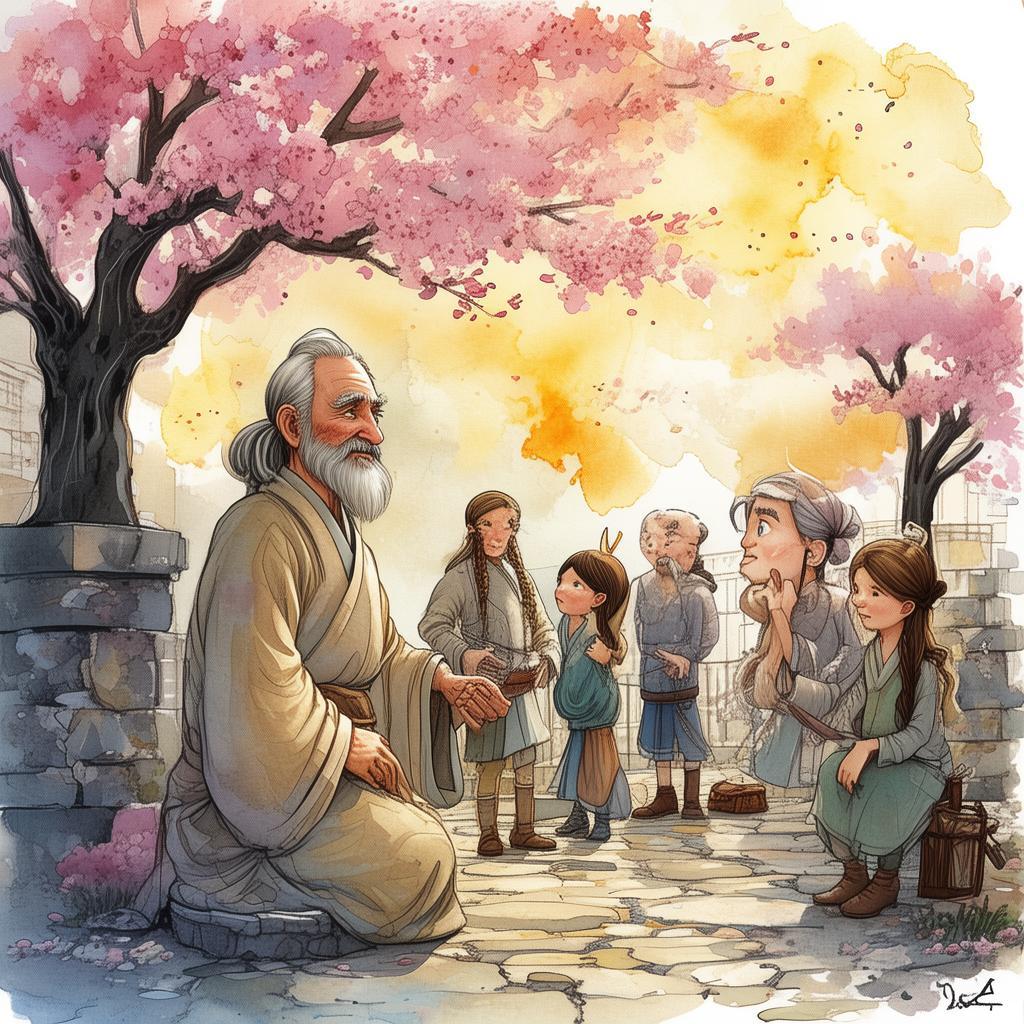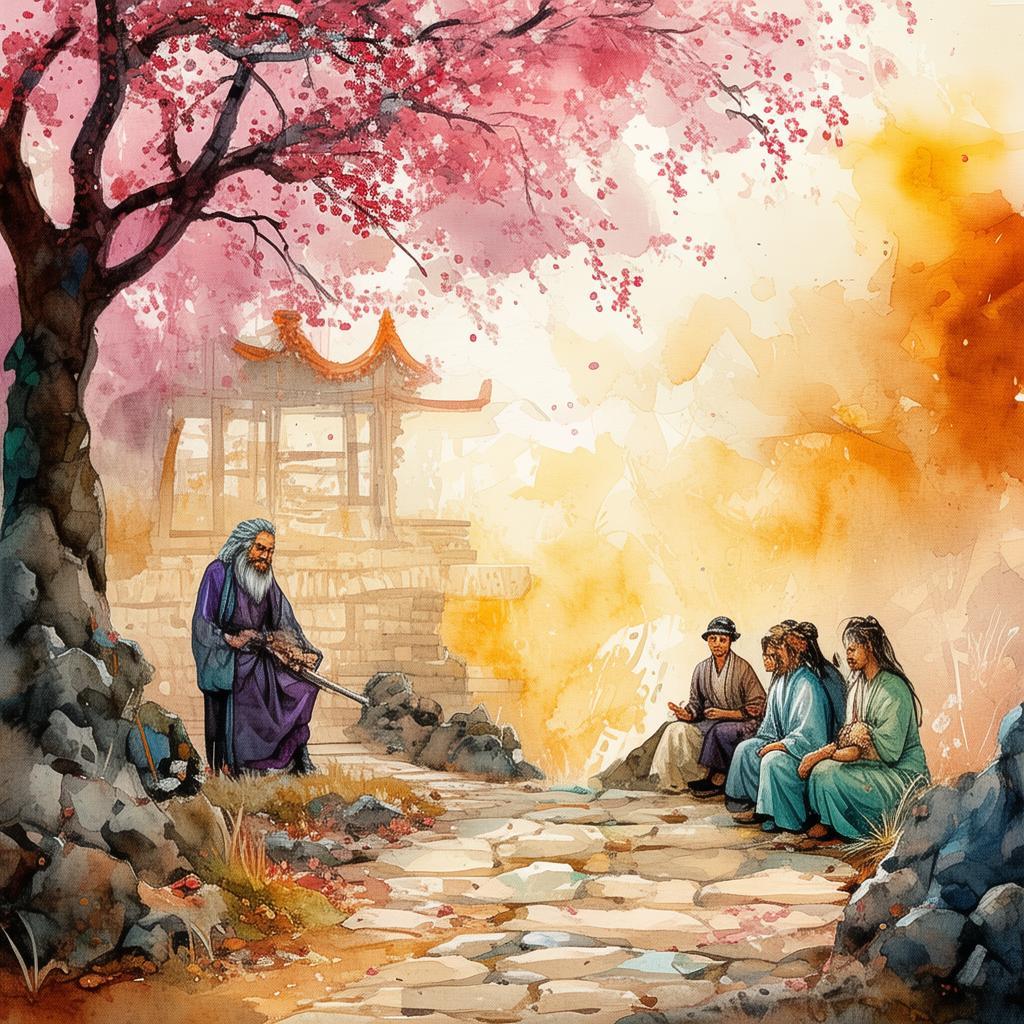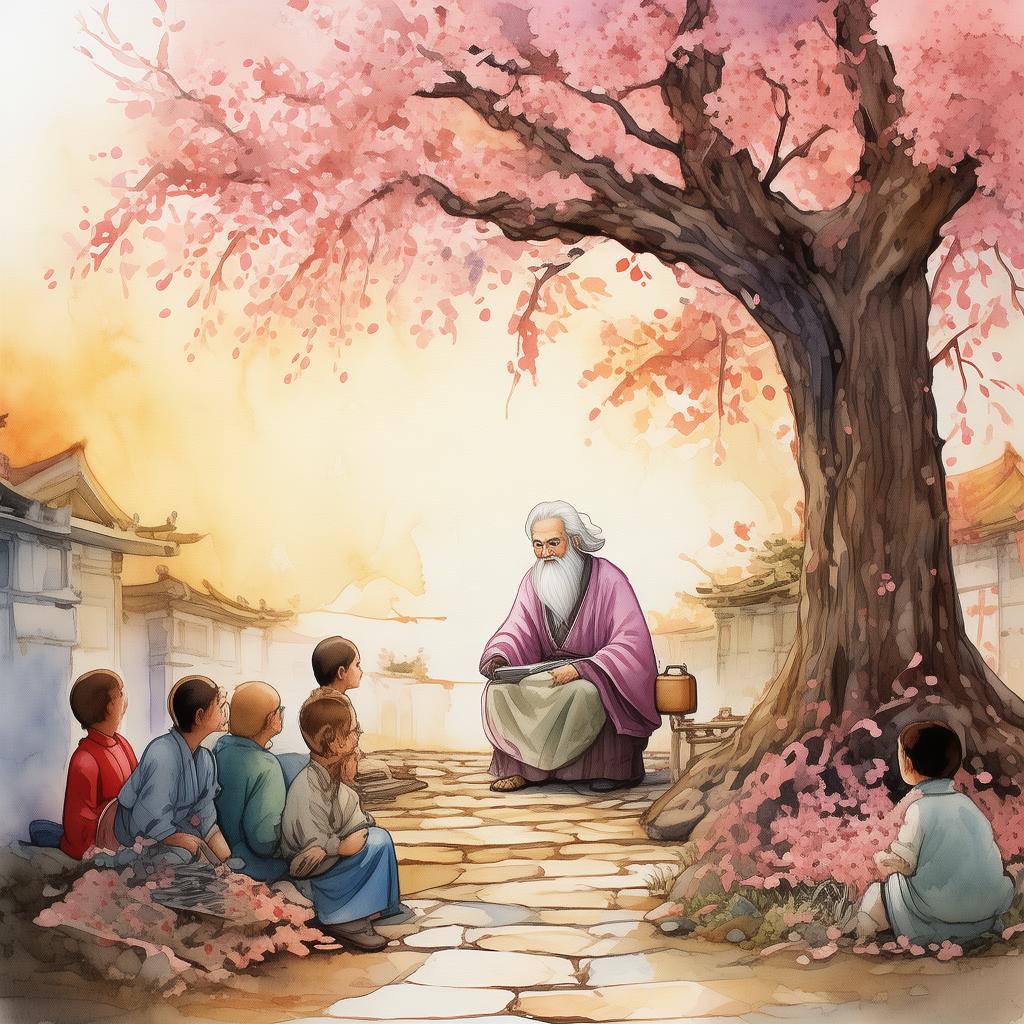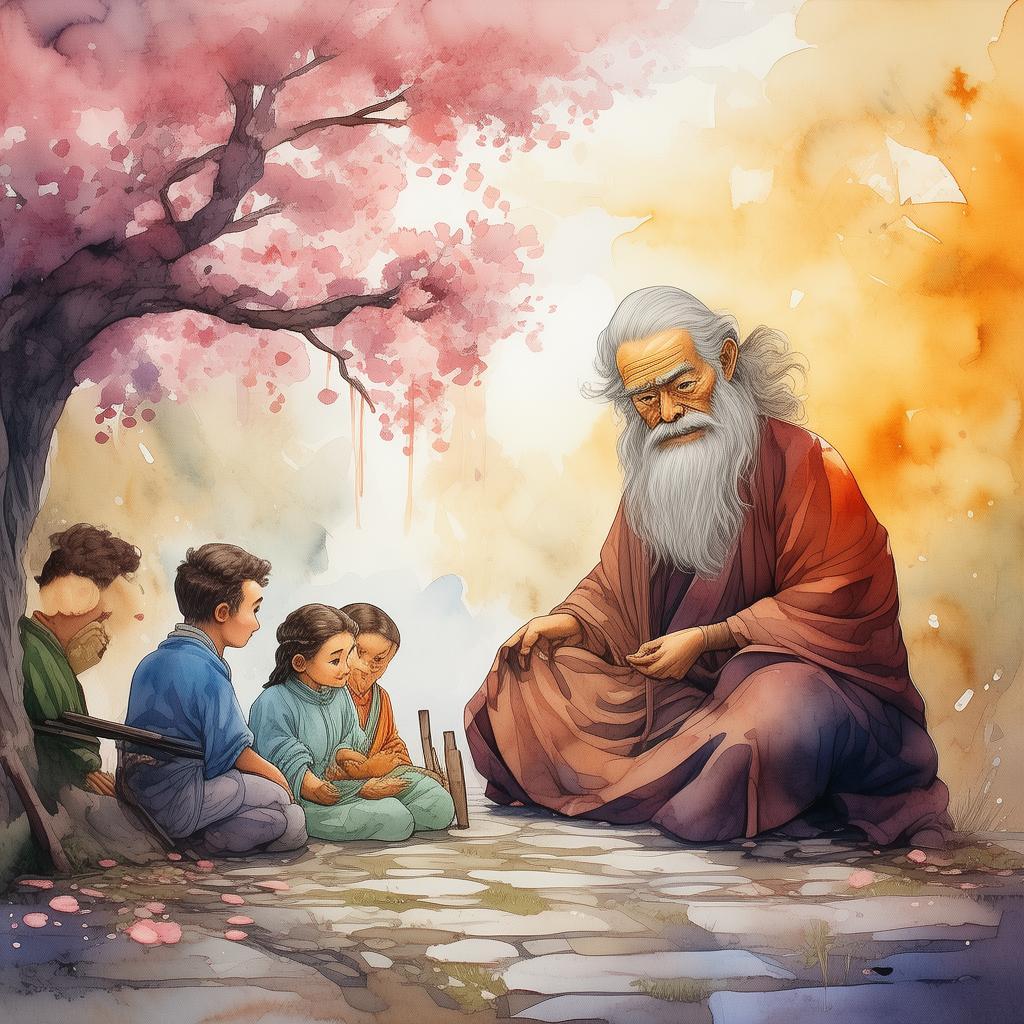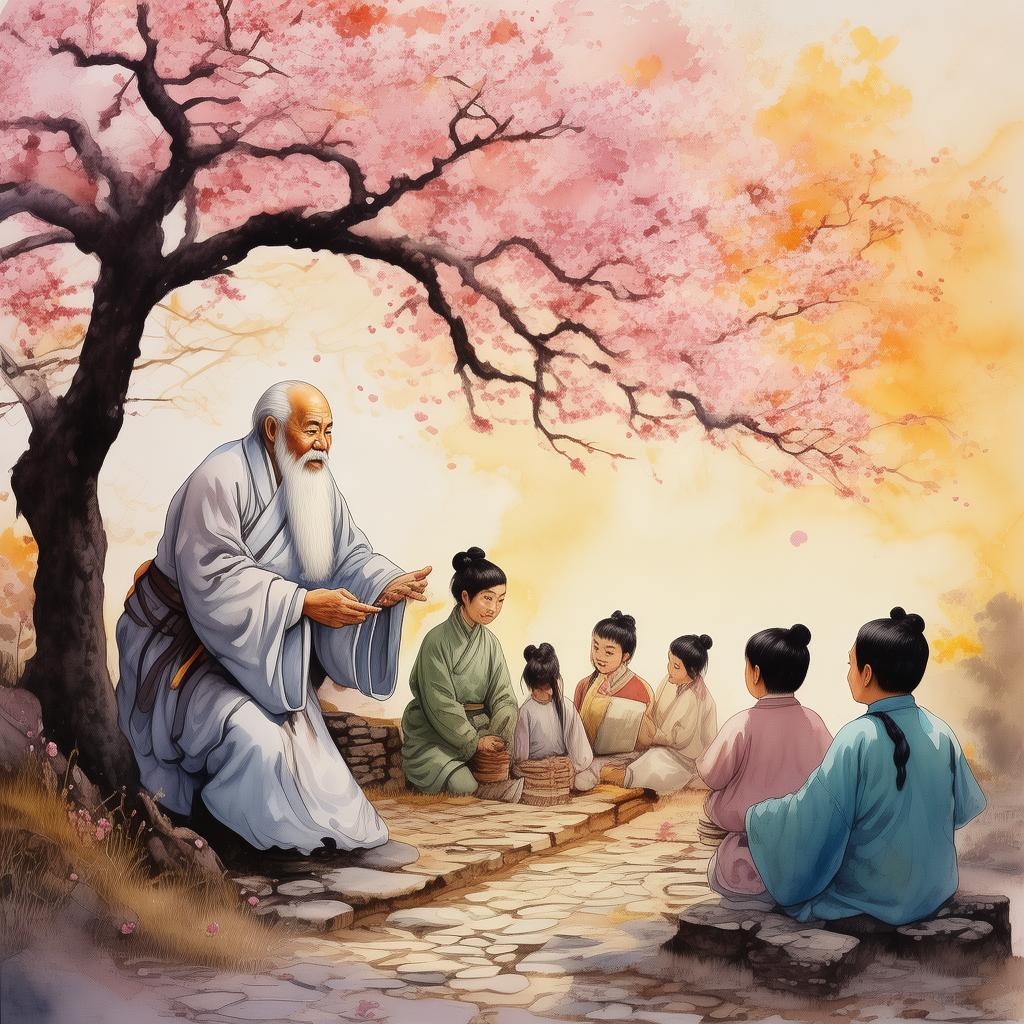The Lute Master's Last Strum: A Tale of Defeat and Redemption
In the heart of the ancient kingdom of Qujiang, there stood a lute that was said to possess the soul of the wind. It was the instrument of a master, a man named Ling, whose melodies could move mountains and hearts alike. The lute was known as the Zenith, and its music was the stuff of legends. Yet, beneath the veil of his artistry, Ling harbored a secret that would soon shatter the peace of his world.
Ling's life was a tapestry woven from threads of music and love. He had a wife, Mei, whose voice was as sweet as the flowers that bloomed in the springtime. Together, they had a daughter, Xiao, whose laughter was the melody that filled their home. But as the seasons changed, so did the winds of fate. Mei fell ill, and with each passing day, her voice grew fainter, her spirit weaker.
Ling, in his despair, turned to the Zenith for solace. It was there, in the quiet of the night, that he composed a piece that would become the centerpiece of his final performance, a piece that he believed could heal his wife's heart. He named it "A Lute's Defeat," a composition that was as much a reflection of his own inner turmoil as it was a celebration of love and life.
The day of the performance arrived, and the kingdom was abuzz with anticipation. The Zenith's strings were tuned, and the air was thick with the scent of anticipation. As Ling took the stage, the crowd fell silent, their eyes fixed on the master and his lute.
The performance began with a soft, haunting melody that seemed to echo the whispers of the wind. The crowd was captivated, their hearts aching with the beauty of the music. But as the piece unfolded, it became clear that this was no ordinary composition. It was a tale of love and loss, of joy and sorrow, woven into a single, powerful narrative.
Ling played with such passion that it seemed the Zenith itself was alive, its strings trembling with emotion. The crowd was moved to tears, their faces reflecting the depth of the music. Yet, as the final notes of the piece echoed through the air, a chill ran down the spines of those present. For in the crescendo of the lute's last strum, a single, haunting note lingered, a note that spoke of defeat.
The crowd erupted in confusion and anger. They had come to see a master at his peak, but instead, they had witnessed a man defeated by love. The king himself, who had been a patron of Ling's art, stood up from his seat, his face flushed with rage.
"Ling, you have betrayed us!" the king thundered. "You have played your lute as if it were a funeral dirge!"
Ling stood before the king, his eyes filled with sorrow. "My lord, I have not betrayed you. I have given you my heart, my soul, and my music. And in doing so, I have found the true power of my art."
The king, taken aback by the man's words, fell silent. He turned to the crowd, who were now in a state of confusion and disbelief. The performance had ended, but the impact of Ling's words lingered.
As the crowd dispersed, whispers of the performance spread through the kingdom. Some criticized Ling for his unconventional composition, while others praised him for his honesty and courage. The king, reflecting on the event, realized that the true power of the Zenith lay not in its strings, but in the hands of the man who played it.
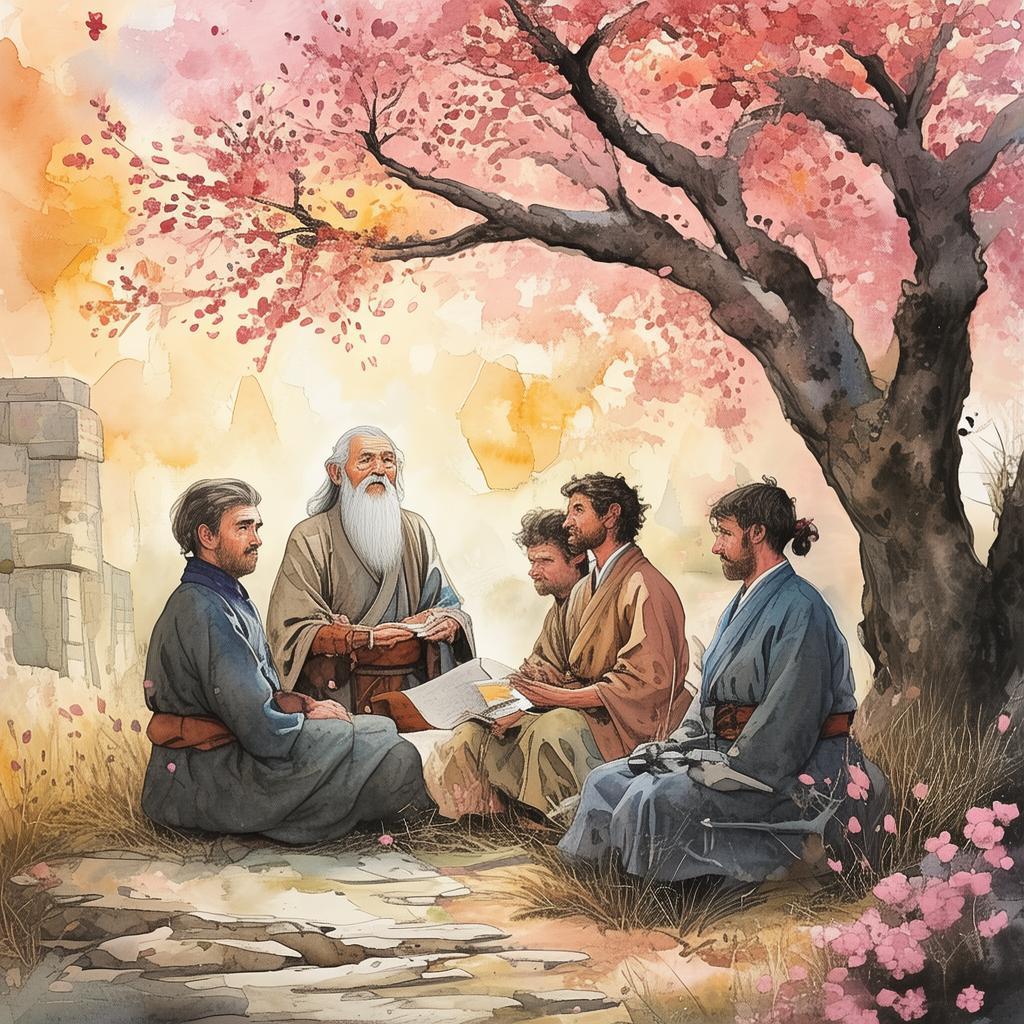
Mei, who had been in the audience, felt the weight of her husband's performance. She knew that he had played his lute with all his heart, and in that act of vulnerability, she found the strength to fight her illness. The bond between Ling and Mei grew stronger, and with time, Xiao learned to play the lute, carrying on her father's legacy.
The Zenith, once a symbol of Ling's defeat, became a symbol of his redemption. Its music continued to echo through the kingdom, a testament to the power of love and the resilience of the human spirit.
In the end, it was not the lute that defeated Ling, but the love he shared with his wife and daughter. And it was this love that allowed him to find redemption, to become not just a master of music, but a master of life itself.
✨ Original Statement ✨
All articles published on this website (including but not limited to text, images, videos, and other content) are original or authorized for reposting and are protected by relevant laws. Without the explicit written permission of this website, no individual or organization may copy, modify, repost, or use the content for commercial purposes.
If you need to quote or cooperate, please contact this site for authorization. We reserve the right to pursue legal responsibility for any unauthorized use.
Hereby declared.
